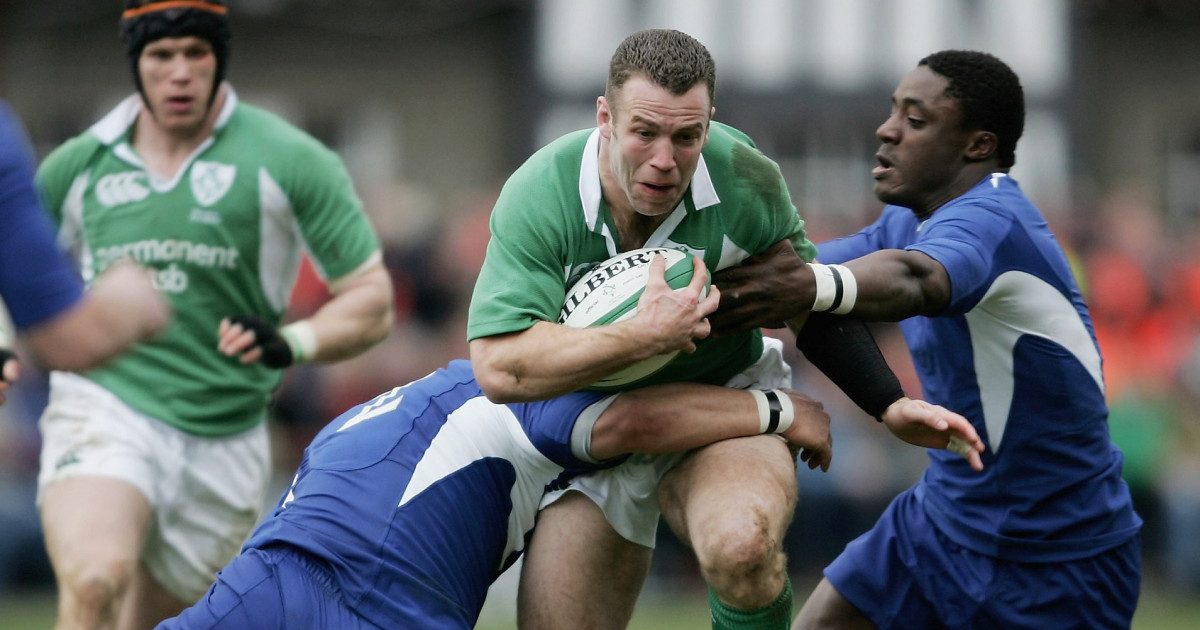'I wouldn't change anything - I loved the physical, combative side of rugby'

Former Ireland centre Kevin Maggs was a man renowned for his love of the physical side of rugby.
Maggs was a contemporary of the group of former professionals headed by England World Cup winner Steve Thompson whose struggles with early onset dementia have horrified the rugby world since the news broke.
But despite his great sympathy for their plight, the former Bristol and Bath midfielder insists he would change nothing about his playing career.
“Hearing about the lads from my era who have issues is very sad,” he says.
“It’s really difficult, but I honestly don’t think I would change anything from my playing career as I loved the physical, combative, competitive side of rugby.
“None of the players of my era can say they definitively know about the impact concussions and head injuries had on us.
“If we were tested there must be a chance we would all show some effects from it but I wouldn’t change a thing.”
"I still miss playing every day. I miss the crack with the lads, being in the changing room and the competitive element of being in a high-performance environment" https://t.co/lPcpEqwJXs
— RugbyPass (@RugbyPass) September 6, 2021
Through his current role working for the IRFU to unearth and develop Irish-qualified talent based in Great Britain, Maggs has a very good understanding of how support for players has improved in recent times.
As a consequence, he believes young players now receive better all-round care than ever before.
“Times have changed and everything has moved on from where it was 15 years ago,” he says.
“The wrap-around support provided by the RPA in Ireland and England plus medical and nutritional support has made a huge difference.
“The biggest change from then to now is the reduced amount of contact work done in training and it is also important that we adapt as quickly as possible to the law changes brought in to keep improving safety.
“It’s a similar situation in football where things progress so there won’t be any more players affected by dementia caused by heading a leather football which weighed a ton when it got wet.”
The competitive instincts in Maggs clearly still burn as strongly as ever – and he says he would love to be 20 years younger and able to pit himself against today’s top talent.
“My last cap was against Japan in 2005 and since then so much has changed,” he says.
“In particular the science behind the game has become really important, the support network around teams has grown and improved and top players are now proper full-time athletes.
“Players are bigger, fitter, faster and stronger than we were. When I played in the 2003 World Cup quarter-final against France I was around 107 kg, muscular up top and had big legs but lads like Chris Farrell, Robbie Henshaw or Bundee Aki are now 6ft 3 plus with a much bigger frame than I had.
“It’s a totally different ball game altogether but if I had the chance I would love to move through time and put myself against the likes of Manu Tuilagi from the current generation.”
Fair to say Joe isn't a big fan… ?https://t.co/HkU2oIfh4M
— RugbyPass (@RugbyPass) October 4, 2021

































